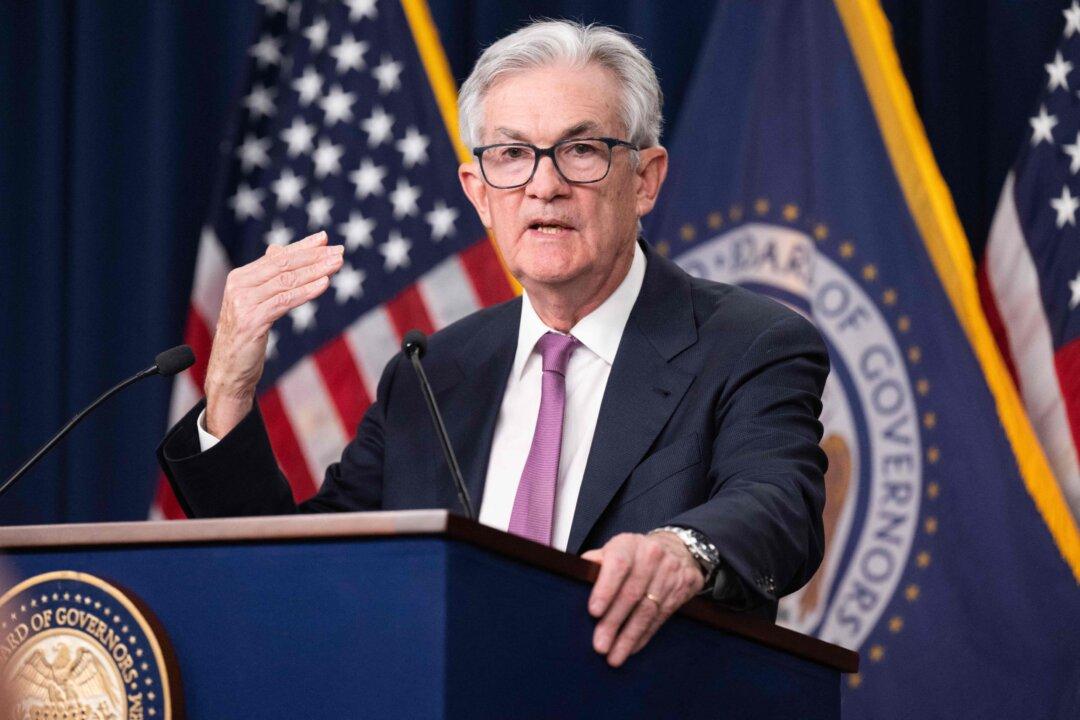Members of the Senate Banking Committee wrote to Federal Reserve chairman Jerome Powell if he and his fellow board members were lax in supervising Silicon Valley Bank (SVB), which failed earlier this month.
Five senators sent a letter to Powell on March 27, which was obtained by Bloomberg, questioning whether the central bank exercised its full legal authority to oversee Silicon Valley Bank and other regional lenders.





